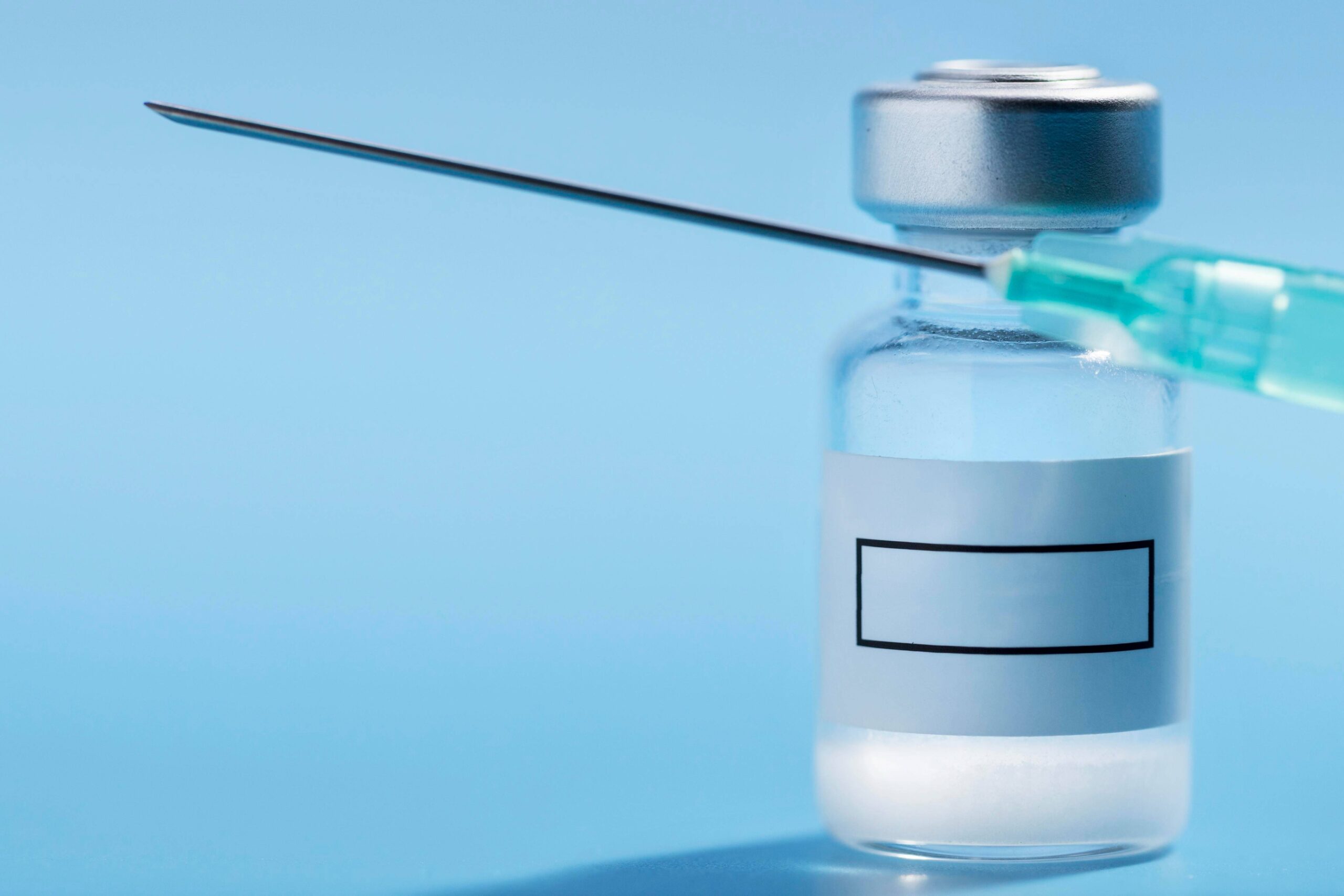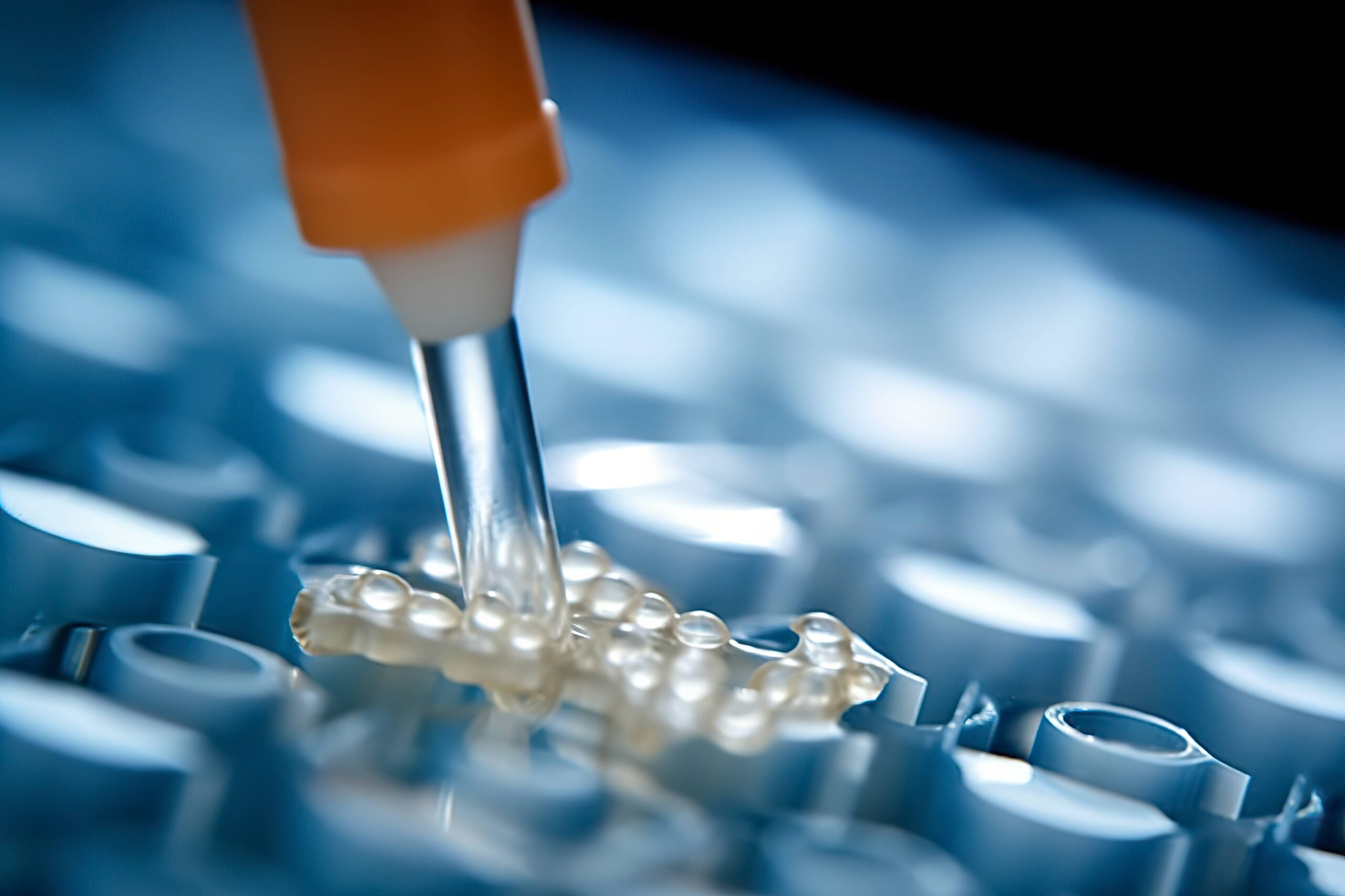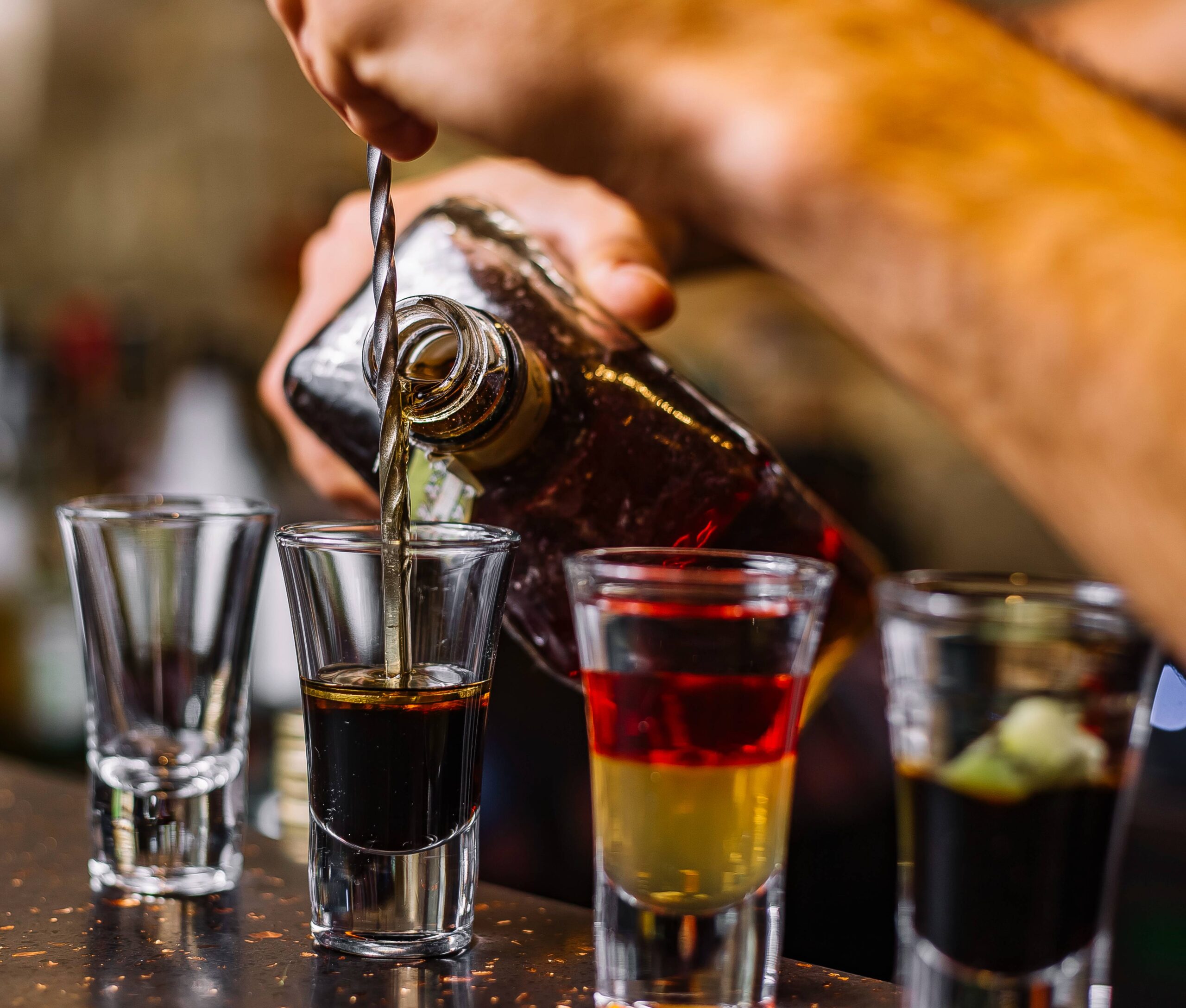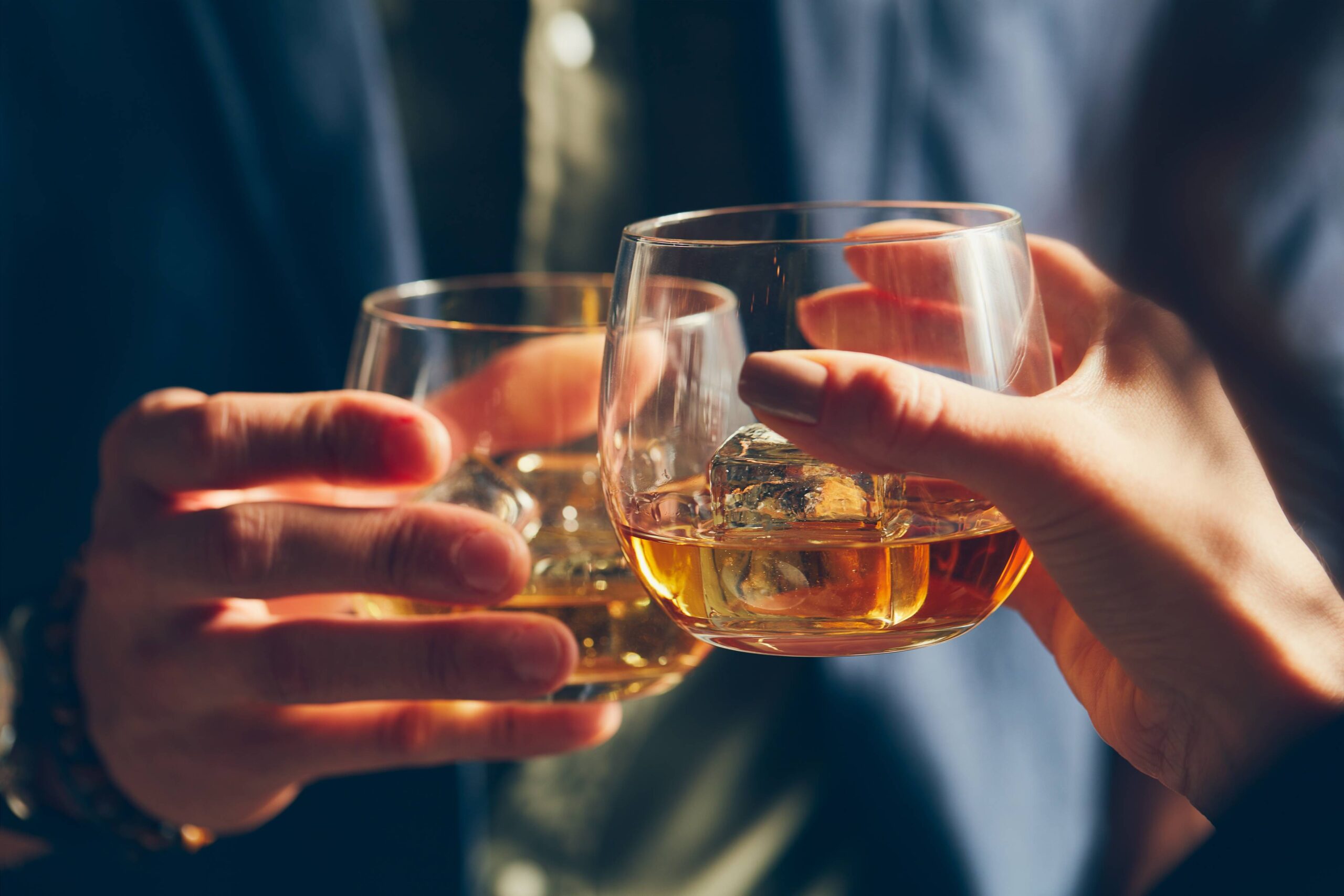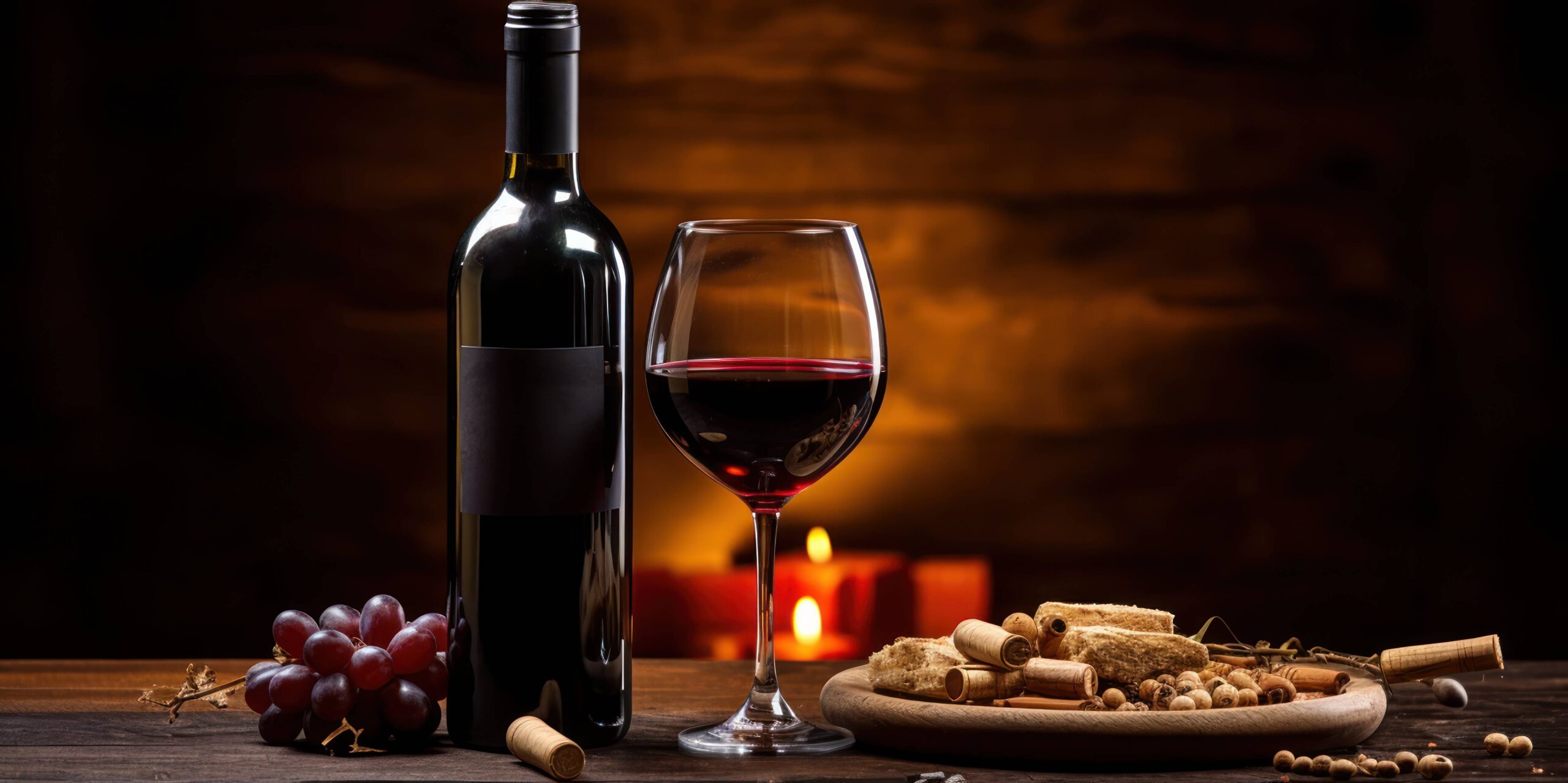Blog
Can You Drink on GLP-1? What Every Woman Should Know About Alcohol, Energy, and Weight-Loss Balance
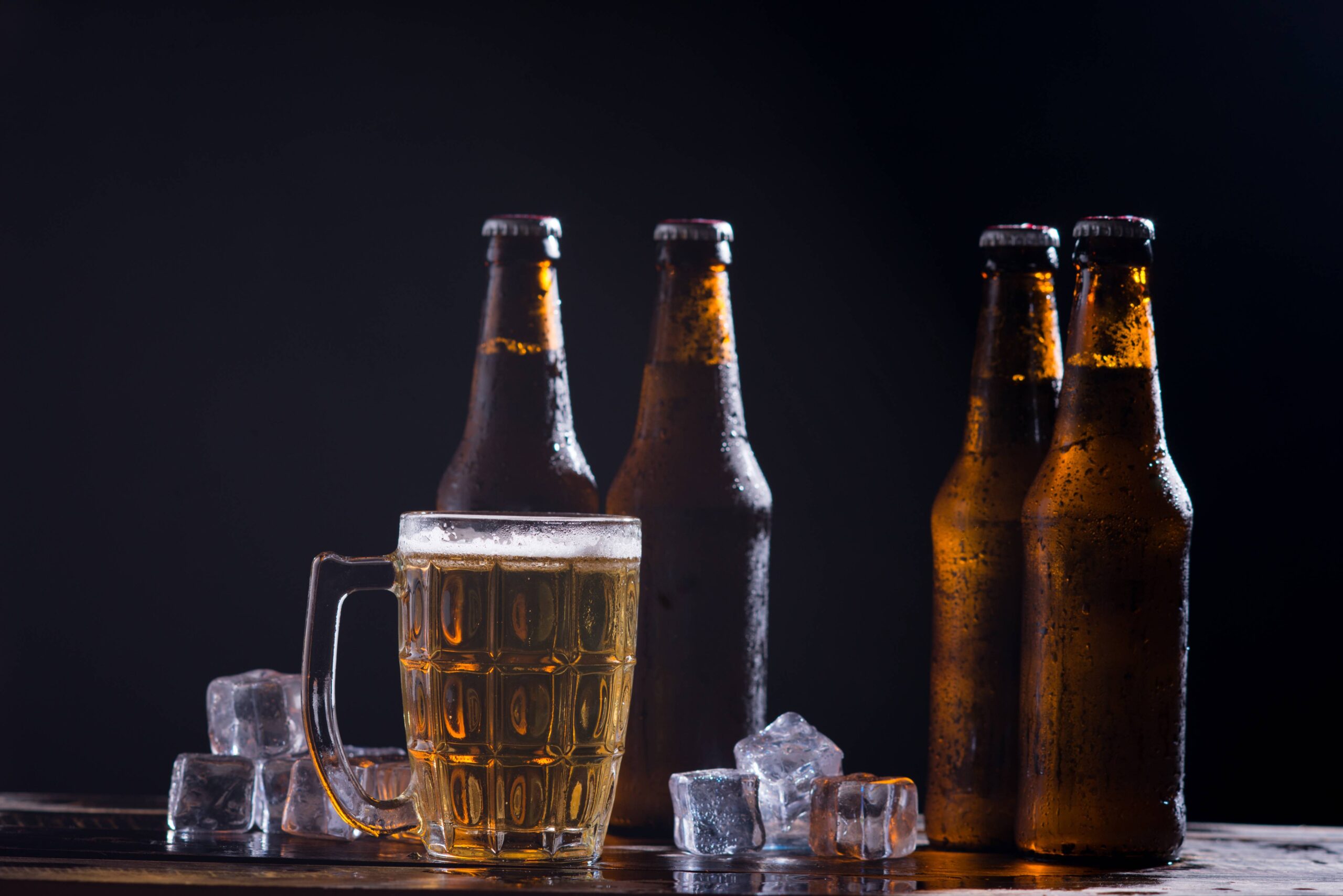
When You’re Trying to Lose Weight, But Still Want to Live Your Life
Let’s be honest — losing weight isn’t just about numbers on a scale. It’s about trying to feel like yourself again. For many women, especially busy moms, balancing work, family, and self-care is already a full-time job. Add in a new weight-loss plan or medication, and it’s easy to wonder what’s still “allowed” — especially when it comes to that glass of wine at dinner or a cocktail with friends.
If you’re on GLP-1 therapy like Semaglutide or Tirzepatide, you may have heard mixed messages about alcohol. Some say to avoid it completely, while others say it’s fine in moderation. So what’s the truth?
Can you still enjoy a drink without sabotaging your progress — or putting your health at risk?
This blog dives deep into that question — exploring GLP-1 and alcohol, how your body processes it, and what safe balance looks like for women who are serious about long-term wellness.
At Alternate Health Club, we believe weight loss shouldn’t feel like restriction. It should feel like freedom — the freedom to live, love, and still enjoy the moments that make you happy.
Understanding How GLP-1 Medications Work — and Why Alcohol Matters
Before we talk about wine nights and happy hours, it helps to understand how GLP-1 medications work inside your body.
Medications like Semaglutide and Tirzepatide mimic a natural hormone called GLP-1 (glucagon-like peptide-1). This hormone helps regulate:
- Appetite and fullness
- Blood sugar levels
- How quickly does food leave your stomach?
By slowing digestion and calming hunger signals, GLP-1 therapy allows your body to stabilise its metabolism — making it easier to lose weight steadily and safely.
But here’s where alcohol complicates things: alcohol also affects your blood sugar, hydration, and energy — three areas that GLP-1 medications are already managing.
When you mix alcohol and weight loss medication, it can exaggerate side effects like nausea, fatigue, or dizziness. It can also slow down your weight-loss progress if it’s not consumed mindfully.
So, Can You Drink on GLP-1? The Honest Answer
Yes, you can drink while taking GLP-1 medications — but it’s all about moderation, awareness, and timing.
Alcohol isn’t “forbidden,” but your body processes it differently once you’re on GLP-1 therapy. Because your digestion slows down, alcohol stays in your system longer, and your tolerance may drop significantly. That glass of wine that once felt relaxing may now hit harder or make you tired faster.
Women in our Alternative Health Club programs often tell us they notice changes like:
- Feeling tipsy after fewer drinks
- Fatigue the next day, even after just one glass.
- Slower recovery after social events
- Changes in appetite or nausea when drinking
These are normal responses. Your body is simply adjusting to its new, more efficient metabolism.
The key? Listen to your body. GLP-1 therapy isn’t about punishment — it’s about awareness.
The Science: How Alcohol Interacts with GLP-1 Therapy
When you drink while on GLP-1 therapy, your body has to prioritise metabolising the alcohol before handling food, fat, or glucose. That means your blood sugar might drop too low — especially if you’re drinking on an empty stomach.
Here’s what’s happening internally:
- Slower digestion: Food takes longer to leave your stomach, which delays how alcohol is absorbed.
- Lower tolerance: You’ll feel the effects sooner and stronger.
- Energy dips: Alcohol interrupts your body’s ability to use stored fat for energy.
- Hormonal changes: Alcohol can briefly increase insulin levels, then cause a sudden drop, making you feel tired or hungry.
If you’ve ever felt “extra sleepy” or dizzy after just one drink since starting medication, this is why.
GLP-1 and Alcohol: How Much Is Too Much?
The safest approach is mindful drinking — not total abstinence.
Here’s what we recommend at Alternate Health Club for patients on Semaglutide or Tirzepatide:
- Start small: If you’re new to medication, wait 4–6 weeks before drinking to understand how your body reacts.
- Limit intake: Stick to one serving — one glass of wine, one beer, or one cocktail — and pace yourself slowly.
- Avoid sugary mixers: Drinks high in sugar (like margaritas, rum cocktails, or soda-based drinks) can spike insulin and slow weight loss.
- Eat before drinking: A light, protein-based meal helps prevent blood sugar crashes.
- Stay hydrated: Drink a full glass of water between each alcoholic beverage.
It’s not about eliminating pleasure — it’s about protecting your progress.
The Emotional Side: Why Women Drink During Weight Loss Journeys
For many women, alcohol isn’t just a social habit — it’s emotional. A glass of wine after a stressful day feels comforting. A cocktail at brunch feels like a reward.
But when you’re on GLP-1 therapy, those “comfort” habits can backfire. Alcohol can temporarily boost dopamine, the feel-good chemical, but then quickly drop it — leaving you more drained and emotionally sensitive afterwards.
That’s why many women report emotional highs and lows after drinking while on medication. It’s not a weakness. It’s biology.
If you find yourself craving alcohol out of stress, loneliness, or exhaustion, pause and ask: What am I really needing right now — relief, or rest?
Sometimes, what your body truly needs is water, a walk, or a moment to breathe.
Alcohol and Weight-Loss Medication: What It Means for Your Results
Here’s the part that surprises many: alcohol contains “hidden calories” that can slow down your progress, even when you’re eating well.
One glass of wine can add about 120–150 calories. A mixed drink can top 250+.
Even if you’re eating less on GLP-1 therapy, regular drinking can reduce fat-burning efficiency and delay visible results.
The goal isn’t to never drink again — it’s to make your choices intentional. Ask yourself before pouring that glass:
- Is this worth slowing down my progress tonight?
- Will I feel proud of this decision tomorrow?
Mindful choices keep you in control — and that’s where real empowerment comes from.
Drinking on GLP-1 Therapy: The Safety Perspective
Alcohol tolerance on GLP-1 medications varies, but here are a few safety reminders:
- Never mix with binge drinking: Overconsumption increases the risk of dehydration, nausea, or even vomiting — common side effects of the medication.
- Skip drinking during dose increases: When your body is adjusting to a new dosage, it’s more sensitive.
- Don’t drink if you feel fatigued: GLP-1 therapy already slows metabolism. Adding alcohol can intensify tiredness.
- Check with your provider: Always confirm what’s safe for your personal dosage and health condition.
Your health journey is personal. The right support — and awareness — can help you enjoy life while staying safe.
How to Support Energy and Recovery After Drinking
If you do choose to drink, how you recover afterwards matters just as much. Here’s how to keep your energy balanced and your weight loss on track:
- Hydrate before bed: Drink at least two glasses of water before sleeping.
- Eat something nourishing: A light protein meal (like eggs, nuts, or Greek yoghurt) helps stabilise blood sugar.
- Add vitamins: B-complex and magnesium supplements help your liver process alcohol more efficiently.
- Sleep deeply: Alcohol can disrupt REM sleep, so prioritise rest the next night.
- Resume your plan: Don’t “punish” yourself — just return to your routine with your next meal or dose.
Your body is resilient. Give it the care it deserves.
What Women in Riverhead and Beyond Are Saying
At Alternate Health Club, we hear from women across New York — from Riverhead to Brooklyn — who are navigating their GLP-1 therapy journeys.
One patient shared:
“I used to feel guilty every time I had a drink with friends. But once I learned how to listen to my body, I realised balance was possible. I’ve lost 20 pounds — and I still enjoy a glass of wine now and then.”
Another mom said:
“I thought weight loss meant restriction. AHC taught me it’s about rhythm — not rules. I’ve never felt more confident in my choices.”
This is what empowerment looks like. Not perfection — but progress.
Life Is About Balance — Not Deprivation
Weight loss doesn’t mean giving up joy. It means redefining it.
When women find balance — between health, enjoyment, and mindfulness — everything changes. They have more energy. Their moods stabilise. Their confidence returns.
And that’s exactly what we focus on at Alternate Health Club — helping women find sustainable success through science, support, and compassion.
Whether you’re curious about GLP-1 therapy, exploring Semaglutide, or just want to know how alcohol fits into your plan, we’re here to guide you every step of the way.
What to Do If You Feel Tired or Sluggish After Drinking
If you experience fatigue after drinking while on GLP-1, it’s likely not just from alcohol — it’s your body telling you to slow down.
GLP-1 therapy naturally reduces your appetite and calorie intake, which means your energy reserves are lower. Alcohol drains those reserves faster.
To recharge:
- Eat a wholesome meal with protein and complex carbs.
- Skip caffeine overload; go for water and electrolytes instead.
- Take a light walk to boost circulation.
- Rest guilt-free — your body is resetting.
Learn more in our detailed guide on Semaglutide Fatigue and How to Overcome It.
Making Smart Choices: When to Skip Alcohol Altogether
Sometimes, the best decision is simply saying no — and that’s okay.
Avoid alcohol if:
- You’re on antibiotics or other prescription medications.
- You’re pregnant or breastfeeding.
- You’re in the first 6–8 weeks of your GLP-1 plan.
- You’ve had recent digestive side effects or nausea.
Listening to your body doesn’t mean giving up pleasure — it means choosing what truly supports your health and happiness.
Final Thoughts: Redefining Weight Loss, One Choice at a Time
You deserve a weight-loss journey that doesn’t feel like punishment.
With GLP-1 therapy, you’re not just losing weight — you’re gaining control over your health, your energy, and your confidence. Alcohol doesn’t have to be the villain in your story. With awareness and moderation, it can simply be one part of a balanced, joyful life.
At Alternate Health Club, we help women achieve real results — not just by prescribing medication for weight loss, but by supporting the whole person. From nutrition guidance to emotional well-being, every plan is designed around your body, your pace, and your goals.
You’re not doing this alone. You’re learning how to live fully — and feel your best, one mindful choice at a time.

